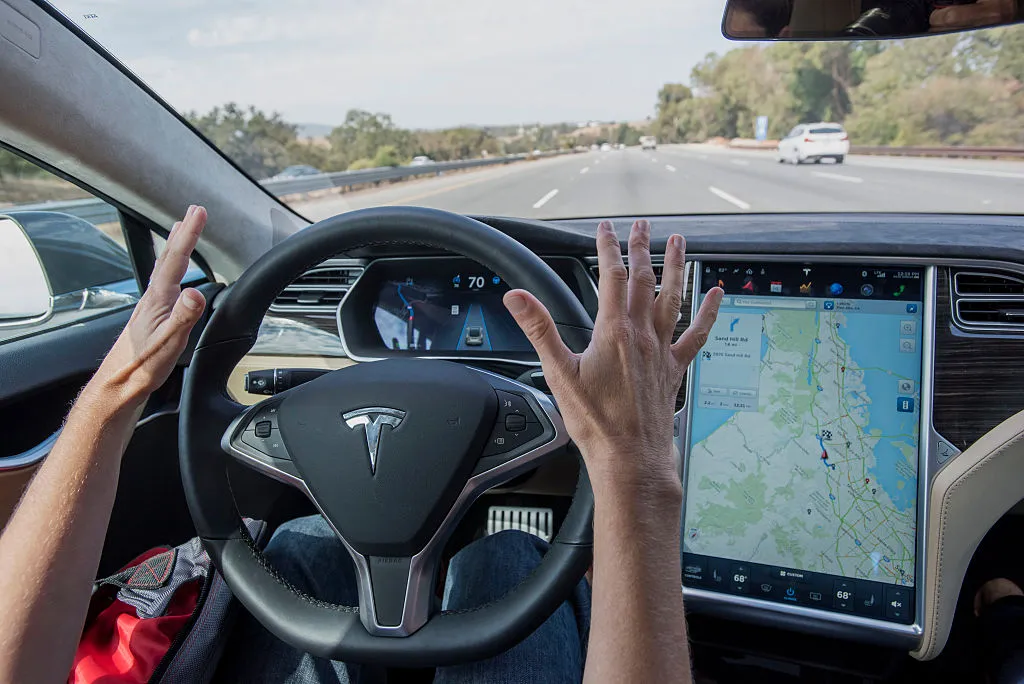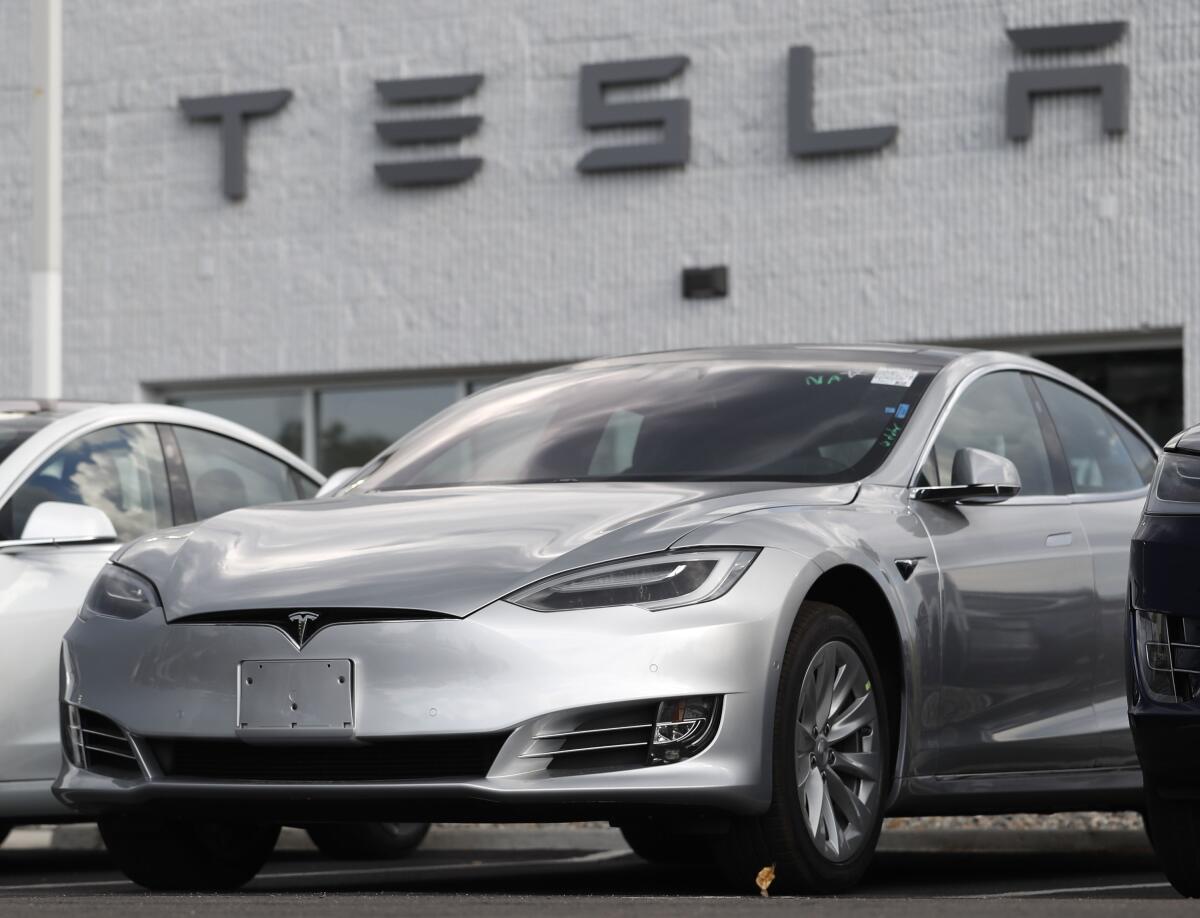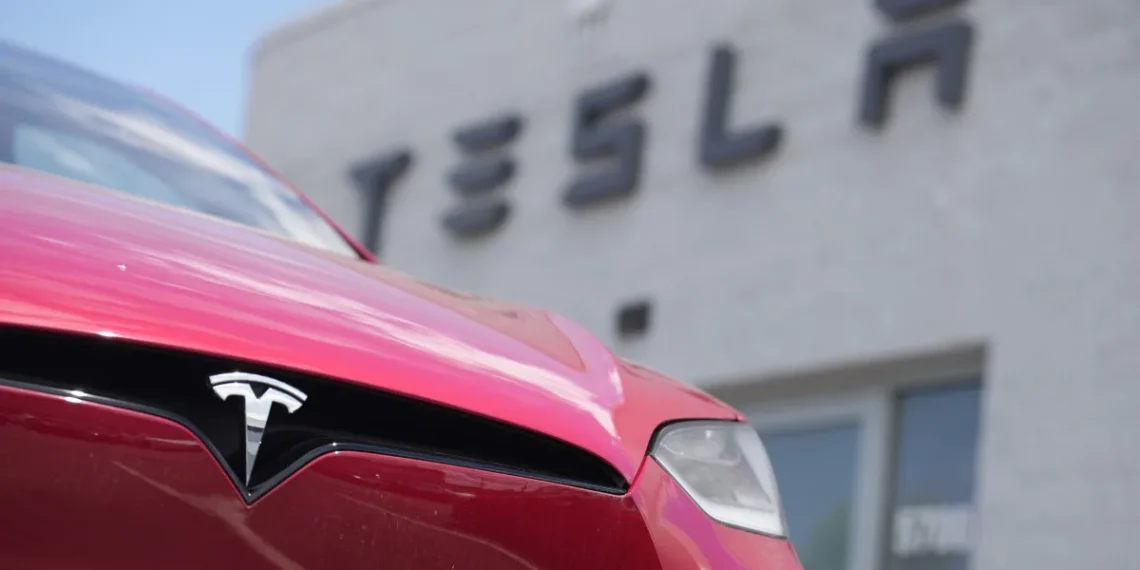U.S. auto safety regulators have launched an investigation into Tesla‘s recall of over 2 million vehicles, questioning the adequacy of the measures implemented to enhance Autopilot safety.
The National Highway Traffic Safety Administration (NHTSA) initiated the inquiry after identifying concerns related to crash events occurring post-recall software updates.
These concerns prompted the agency to scrutinize Tesla’s approach, particularly its reliance on optional features that require owner opt-in and can be reversed by drivers.

Tesla’s December recall, its largest-ever, aimed to improve driver attention while using its advanced driver assistance system.
The recall covers a wide range of Tesla models produced between 2012 and 2024, including the Model Y, X, S, 3, and Cybertruck.
Tesla acknowledged that its Autopilot software system controls may not be sufficient to prevent driver misuse, potentially increasing the risk of accidents.
The NHTSA’s investigation stems from its ongoing Autopilot safety probe, initiated in August 2021. During this probe, the agency identified at least 13 Tesla crashes resulting in death and numerous others causing serious injuries, where driver misuse of the system played a significant role.
Consumer Reports also expressed reservations about the effectiveness of Tesla’s recall measures. They conducted testing of the Autopilot recall update and concluded that the changes did not adequately address safety concerns raised by the NHTSA.

The organization urged the agency to mandate stronger actions from Tesla to address fundamental safety issues rather than minor inconveniences.
Despite these concerns, Tesla has not yet responded to requests for comment regarding the investigation.
The company had previously stated its disagreement with the NHTSA’s analysis but committed to deploying over-the-air software updates to further encourage driver responsibility when using Autosteer.


















